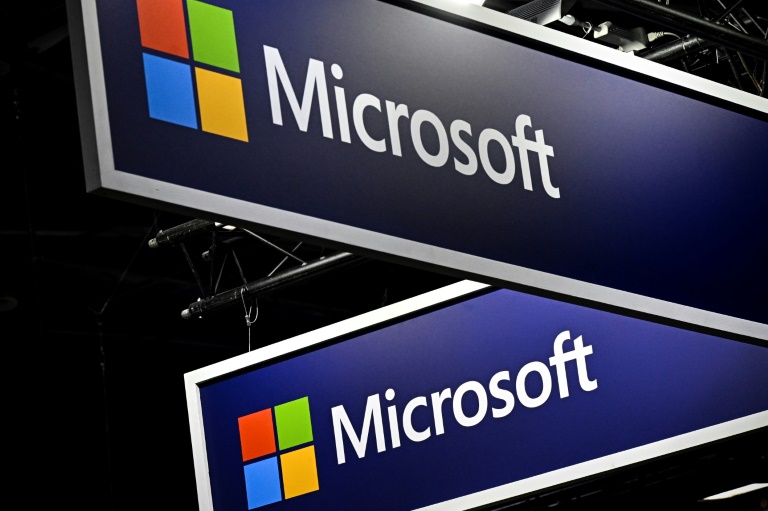



Snap Inc. has agreed to pay $15 million to settle a sex-based discrimination lawsuit filed by the California Civil Rights Department. The lawsuit alleged that Snapchat failed to create a non-discriminatory work environment for female employees, including disparities in pay and promotions. Female employees faced a glass ceiling, were discouraged from seeking promotions, and experienced unwelcome sexual advances and harassment. When they spoke up, they faced retaliation, such as being denied professional opportunities, receiving negative performance reviews, and even termination. The settlement highlights the need for fair hiring and promotion processes, transparent pay practices, and objective investigations into harassment allegations. Employers are urged to take action to prevent harassment and ensure there is no retaliation. This settlement serves as a reminder that organizations must establish systems to prevent discriminatory practices.
In a similar vein, Microsoft has reached a settlement in California over claims that it punished employees for taking protected time off. The company has agreed to pay $14.4 million to settle the claims, which alleged that Microsoft unfairly treated California employees who took protected time off. The settlement money will go to affected employees, and managers and human-resources workers will receive training if a judge approves the proposed settlement. The complaint stated that Microsoft did not do enough to prevent managers from considering protected leave when assessing an employee's 'impact,' which is a factor in determining annual bonuses, promotions, stock awards, and merit increases. As part of the settlement, Microsoft will provide training to managers and human-resources employees and will be monitored for compliance. Employees have reported feeling worried about retaliation after asking for protected leave, but Microsoft disputes the agency's claims. These settlements highlight the importance of fair treatment and protection of employees' rights in the workplace.
In other news, Microsoft has announced that it is eliminating its benefits for freelancers, including healthcare and retirement plans. The decision comes after the company faced criticism for its treatment of freelancers, who make up a significant portion of its workforce. Microsoft's move to cut benefits for freelancers is seen as a cost-cutting measure, as the company looks to reduce expenses amid the economic downturn caused by the COVID-19 pandemic. The decision has sparked outrage among freelancers, who argue that they deserve the same benefits as full-time employees. Microsoft's decision to eliminate benefits for freelancers is expected to have a significant impact on the gig economy, as other companies may follow suit. The move also raises questions about the future of work and the rights and protections afforded to freelancers. [fb76d880] [81076bd4] [dec64825] [28ec0179] [6adb98d1]